
THE year is winding down to a close. In three days’ time, 2014 will give way to 2015. It has been quite a year. As I had to file this week’s column early so as not to interrupt my year-end holiday, I thought it would be fun to reflect on some of the most amazing things said by Malaysians in 2014. The quotes that inspired were few and far between.
Instead, the quotes that got the most attention, not to mention got us into the global press for all the wrong reasons, seem to come one after another.
So, here are some of the most outrageous, idiotic, and humorous quotes (in no particular order) that I have selected that, in my opinion, definitely enraged and entertained Malaysians.
I am sure there will be more to come in the new year, so let us learn to laugh about such verbal antics.

1. Controversial Kinabatangan MP Datuk Bung Mokhtar Radin put his foot into his mouth, yet again, this time linking the German football team to Adolf Hitler.
After Germany humiliated Brazil 7-1in the semi-finals of the World Cup on Wednesday morning, Bung tweeted
“WELL DONE..BRAVO…LONG LIVE HITLER”.
July 9, 2014, The Star
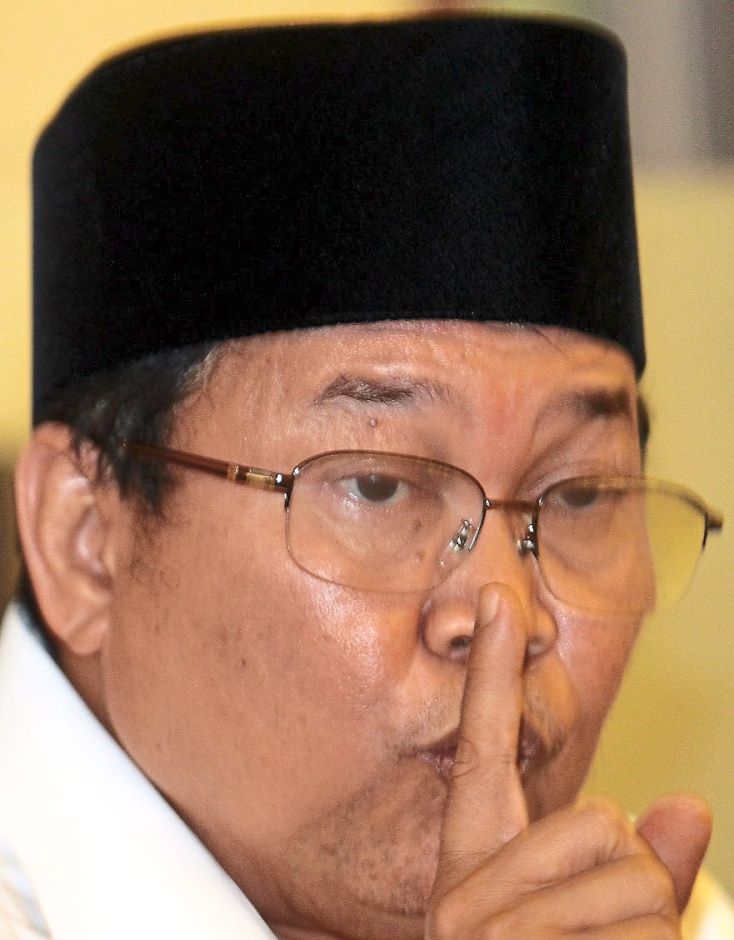
2. Perkasa chief Datuk Ibrahim Ali, in responding to the open letter by the Group of 25:
“I am a moderate too.”
December 14 at Perkasa’s annual assembly in Kuala Lumpur.

3. Ikatan Muslimin Malaysia (Isma) international bureau central committee member Dr Norhasliza Ahmad Fauzi, on why “moderation leads to sinful choices”:
“Moderation allows for a wide avenue of freedom of speech, human rights and sinful choices, even though this is prohibited by Islam. That freedom helps people belittle the capability of Islam and its contents and demands. This is why we object to it and we voice out.”
The rakyatpost.com Dec 19
4. Isma has once again stirred up controversy by saying Malays should not wish Christians “Merry Christmas” and celebrate along with them.
Isma activist Abu Ameen:
“In a world which has lost all sense of God and has turned to alcohol and consumerism to drown its sorrows, we as Muslims can show there is a better way of life for all mankind to experience peace — not by kissing under the mistletoe or visiting Santa, but instead by embracing Islam.”
The rakyatpost.com Dec 21
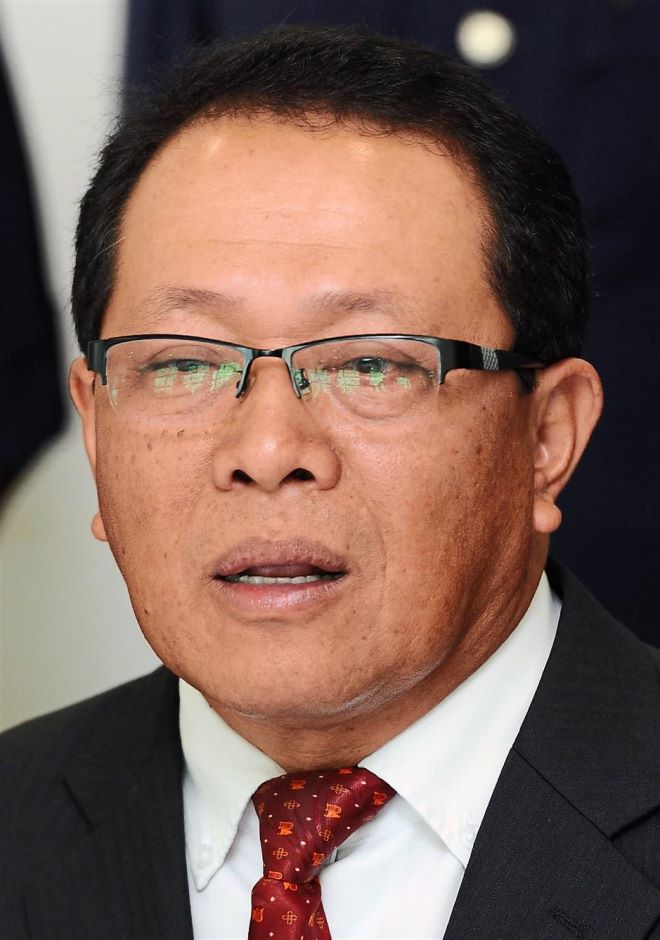
5. Road Transport Department Director-General Datuk Seri Ismail Ahmad had estimated how many people the Department “wants to see dead” in road accidents approaching 2020.
In an Astro Awani interview, Ahmad can be seen saying “We estimate that 10,716 people will die before 2020 (in road accidents)”.
“Our initiatives are part of the efforts to reduce the number of Malaysians dying on the road because we have a KPI.”
“We want to see only 5,358 people dead approaching the year 2020.” (“Kita nak orang ramai mati 5,358 orang sahaja menjelang tahun 2020”).
Astro Awani, Nov 4

6. Sarawak DAP MP Chong Chien Jen was slammed, rightly, for his idiotic Facebook posting questioning why the national anthem was played before a movie, during the National Day and Malaysia Day celebrations. The MP later apologised.
In his original posting, not mincing his words, Chong labelled the move to play the national anthem as an “absolute disgrace and ridiculous”.
“Is Malaysia heading towards the communist Mao era where everywhere you go, you must shout out loud and show that you are a patriot?”
Malaysia media in September

7. Opposition Leader Datuk Seri Anwar Ibrahim on the missing MH370:
“I can find it in 1 second if I am to be given power. ‘’
Southern Weekly Magazine, April 5
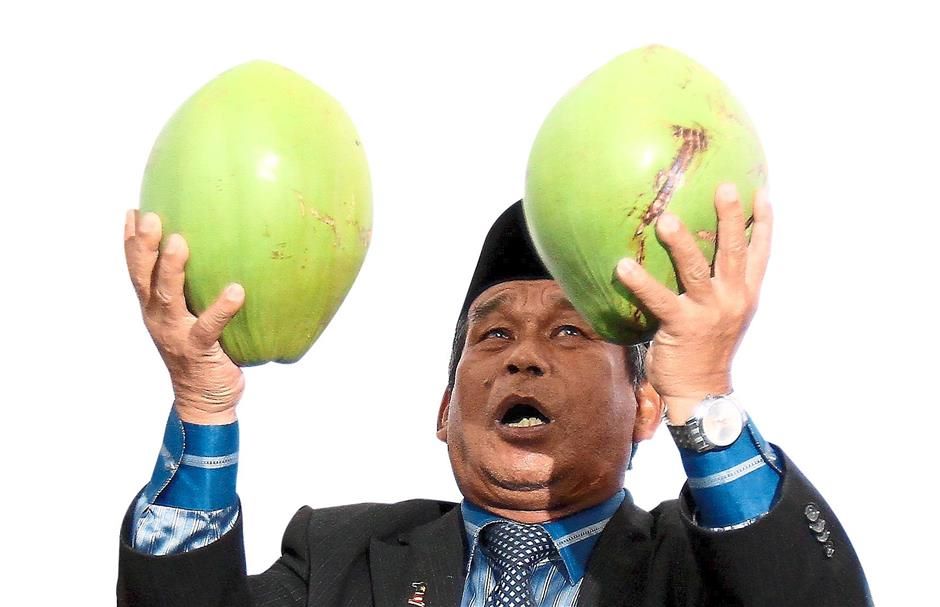
8. Bomoh Ibrahim Mat Zin aka Raja Bomoh Sedunia Nujum VIP aka Datuk Mahagury at the KLIA to help locate the missing MH 370, using “Zam-Zam” water, two coconuts, a “magical” walking stick and carpet.
“The purpose of the rituals is to weaken the bad spirits so that the rescuers can find the plane if it indeed had crashed,” he told reporters.
The Star, March 21
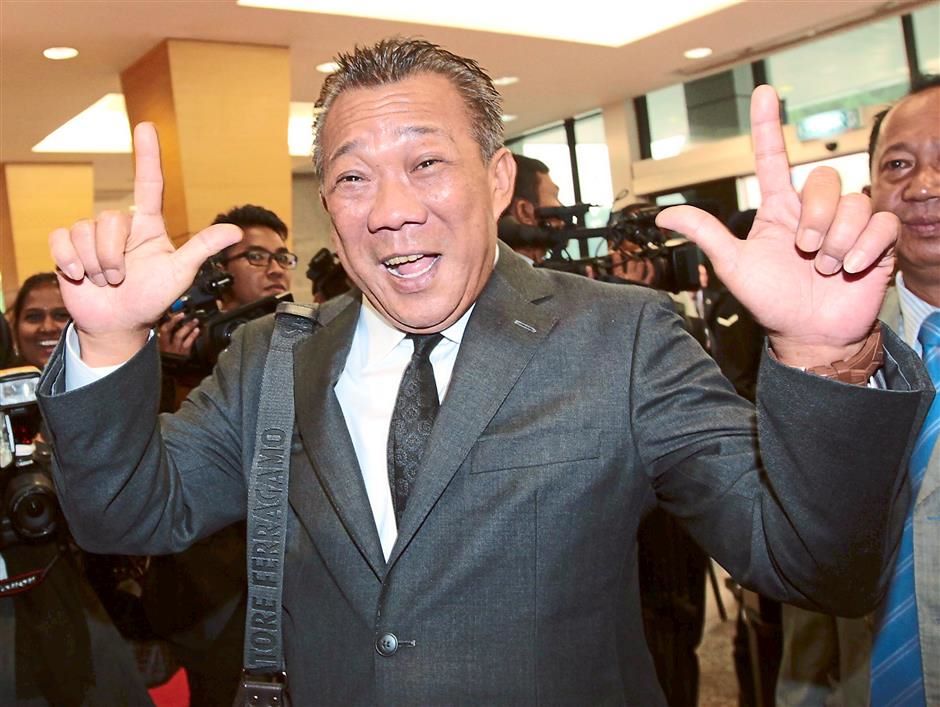
9. Datuk Bung Mokhtar Radin, again, for claiming that some passengers are being “fondled” (diraba) at Malaysian airports and may be “sexually stimulated” as a result, while undergoing security pat-down checks.
The MP for Kinabatangan asked why Malaysia Airport Holdings Berhad (MAHB) did not use handheld scanners for passengers who had triggered off metal detectors at security checkpoints, but resorted to manual pat-downs instead.
“It makes passengers uncomfortable when they have to undergo such inspections. This is dangerous because it may be sexually stimulating (menaikkan nafsu),” he said, drawing laughter from the floor.
He said that checks conducted on women were gentle, but men had to go through a rougher process.
“They check us all over our bodies and sometimes touch us in places that can cause discomfort,” he added.
The Star, Nov 11.
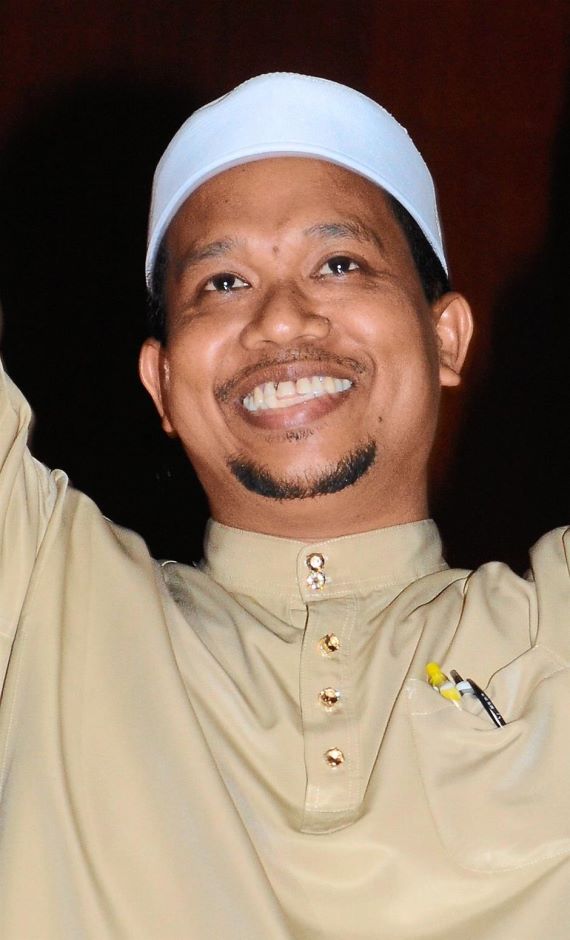
10. Kedah PAS Youth leader Ahmad Tarmizi, on the two MH tragedies, saying MAS and the government had earned God’s wrath for “serving alcohol and the dressing of MAS flight attendants, which crossed the boundaries of Islam.
Malaysian media July 22.








